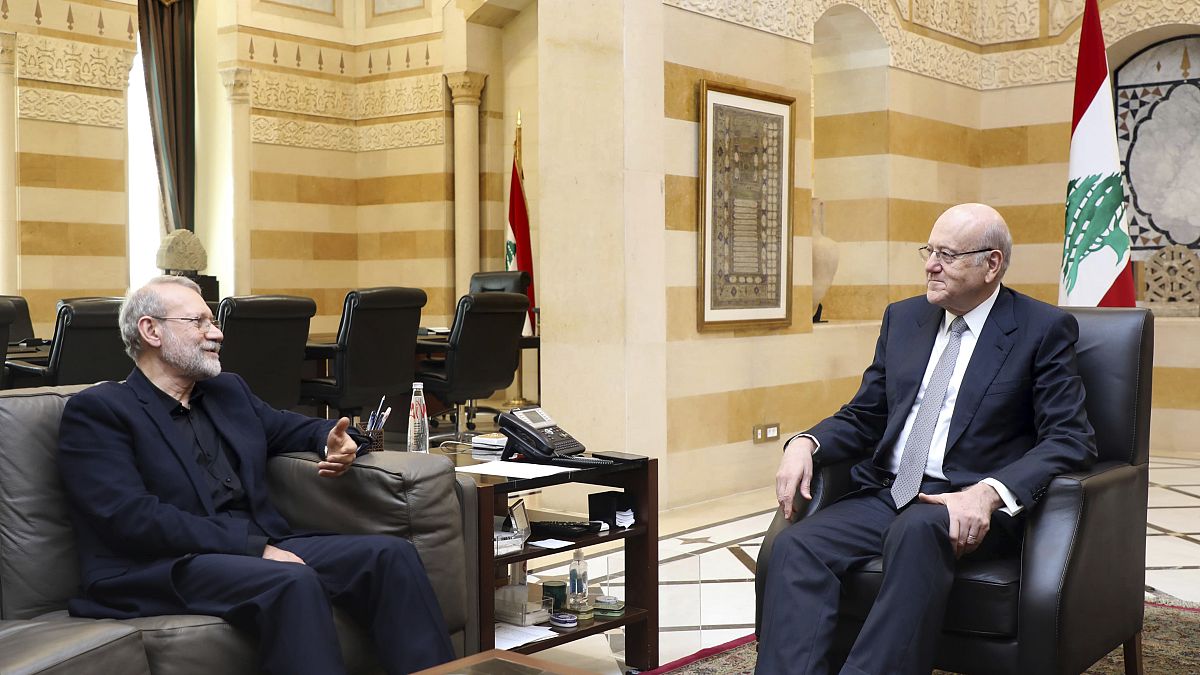In many religions, philosophies and cultures, a woman was recognized as an insensitive being, created exclusively for childbearing. In Hinduism, the first cause of marriage is the birth of a son. A woman, according to the Talmud, is a slave of her husband, who is intended only for the birth of children. In Christianity, the wife was also a means of procreation. According to the teachings of St. Augustine, the sexual life of spouses should pursue one goal – childbearing. Only under the influence of the teachings of Sigmund Freud at the end of the 19th century did the West gradually begin to recognize that a woman should satisfy her fundamental instinct in an intimate life inherent in her, like a man.
From the point of view of Islam, the intimate life of spouses and the mutual satisfaction of sexual needs is a natural phenomenon inherent in humanity by nature. The well-known Muslim scholar Ibn Qayyim wrote that an intimate relationship is designed to preserve health, bring joy and pleasure to the body, and preserve human resources. Yes, Islam strictly forbids extramarital affairs in view of their destructive impact on a person, society and mores. And that is why, from the point of view of Sharia, marital relations are intended to be a worthy alternative to forbidden relationships. In this regard, Islam, rejecting any hypocrisy and prejudice, regulates in detail the ethics of intimacy of spouses. As a rule, any book on Islamic law contains a section on the sexual relations of spouses. As L. Syukiyainen, Doctor of Law, writes: “Here, the strictness of morals is combined with the tradition of openly discussing the details of married life, including those that are embarrassing to touch on even with our permissiveness.”
From the point of view of Islam, spouses have the same right to sexual intimacy. The hadith of the Prophet (peace and blessings be upon him) says: “If a husband called his wife to his bed, and she refused to come, which caused his anger, then angels will curse her until morning.” Naturally, if the wife has a serious reason for refusal, such as illness, exhaustion, fatigue, nervous strain, then the husband, in accordance with Islamic law, is obliged to take into account her condition and not bring the situation to a conflict. Contrary to common stereotypes, a Muslim woman is not a disenfranchised being, designed only to deliver carnal pleasures to her husband, but a full partner, whose needs must be taken into account without fail.
So the Prophet Muhammad (peace and blessings be upon him) reminded one of his companions, who devoted all nights and days to worship, about the intimate right of his wife: “… And the wife has a right to you.”
Many Muslim scholars, such as al-Ghazali, believe that a husband is at least obligated to have sexual intercourse with his wife once every four nights, based on the fact that a man can theoretically have up to four wives. “Yes,” writes al-Ghazali, “one should have sexual intercourse with the wife more (than once every four nights) or less, depending on her needs, the satisfaction of which is the responsibility of the husband.” Sharia gives a woman the full right to divorce if the husband has not had marital relations with her for four months without good reason: illness, imprisonment, etc. That is why Umar ibn al-Khattab, the closest companion of the Prophet (peace and blessings be upon him), as caliph, issued a decree according to which married warriors should not have been delayed in conquest campaigns for more than six months: one month was intended for arrival at the place, four months – on military campaigns, a month – on the way back.
From the point of view of Sharia in the intimate life of spouses, any means of satisfying sexual desires and receiving carnal pleasures are allowed, with the exception of anal intercourse, which is considered unnatural. Spouses are allowed to touch any part of each other’s body, look at anything. According to the Islamic etiquette of marital relations, the husband must create a prelude to intimacy with the help of words, kisses, love games. The Prophet Muhammad said: “Let none of you rush to his wife like an animal, let there be a harbinger between them.” When asked about what a harbinger is, the Prophet (peace and blessings be upon him) replied: “Kisses and caresses.” Islam forbids a man to set the goal of marital relations to achieve only his own pleasure, without regard for the needs of his wife.
In the hadith of the Prophet (peace and blessings be upon him), such behavior of a man in intimate life is called weakness. The Messenger of Allah said: “… If the husband satisfied his desire earlier than the wife, then let him not rush her until she satisfies her need.” Al-Ghazali writes in his book “The Revival of Religious Knowledge”: “… The simultaneous orgasm of the spouses will give the woman more pleasure. A husband should not satisfy only himself, ignoring his wife, who may be shy.”
A Muslim woman is closed to prying eyes, but at home she uses all the jewelry, outfits and feminine tricks that only she knows to please her husband. As, however, a man should try to please his wife. The Companion of the Prophet and the famous interpreter of the Qur’an Ibn Abbas said: “I adorn myself for my wife, just as she decorates for me.” The well-known Muslim scholar al-Kurtubi writes that a husband should adorn himself in order to please his wife and “thus protect her from other men.” He also writes that if a husband experiences weakness, he must take medications to increase potency so as not to infringe on the right of his wife.
Marriage should not become the property of other people’s ears and eyes. The Prophet (peace and blessings be upon him) said that the most humiliated on the Day of Judgment will be the person who divulged the secrets and details of his intimate life to other people. But the most important thing is that marriage, according to Islam, is not limited to intimate relationships.
Harmony, love, help, trust and mutual care should reign in Muslim family life. A man is not a despot, but a wise head of the family and a caring guardian. He should not offend his wife with suspicions, follow her every step. The Prophet Muhammad helped his wives around the house, consulted, consoled, was patient with them and meek. “The best of you are those who treat their wives in the best way,” said the Messenger of Allah (peace and blessings be upon him).
By Yasin Rasulov, Department Religious Studies Dagestan State University (DGU), member of the Union Muslim journalists in Russia / whyislam.to.
Photo by Sunsetoned: https://www.pexels.com/photo/woman-with-elegant-necklace-on-back-6431177/




















Discussion about this post